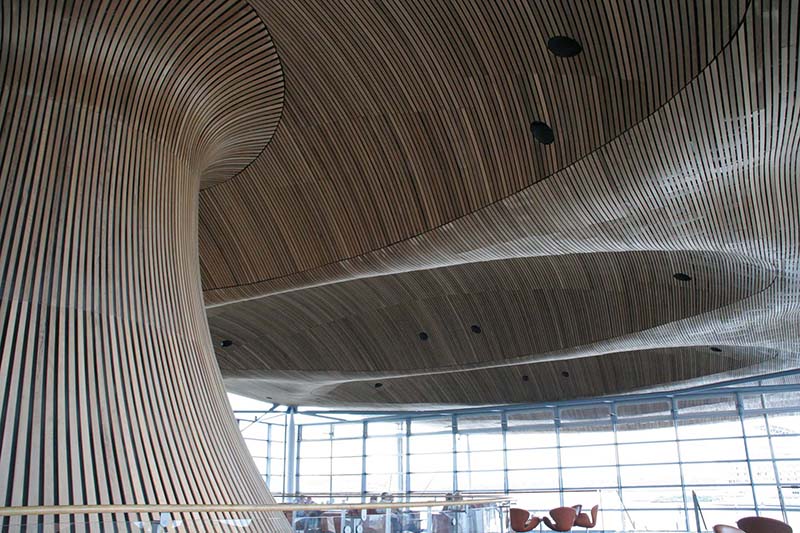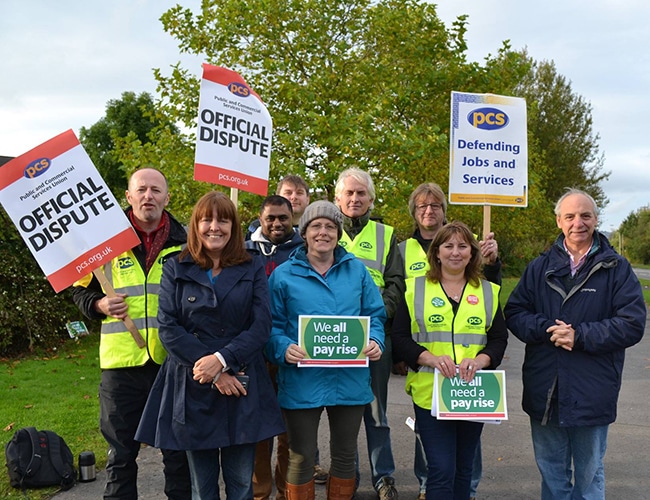- 24/03/2015
- Posted by: Mike Hedges MS
- Category: Uncategorized

Fracking
First thing to say is that I am opposed to Fracking
I support an unequivocal, point-blank ban on shale gas exploitation for reasons that I will shortly outline.
I also support a moratorium, but I’m under no illusion that the moratorium is anything other than a delaying tactic and not, in itself, opposition to fracking.
Secondly I will read out the Resolution passed by the National assembly during its Plenary Session on Wednesday the 4th February
1. Notes that Wales has historically made a substantial contribution to the UK’s energy portfolio.
2. Regrets the provisions within the UK Government’s Infrastructure Bill that will allow fracking companies to drill beneath Welsh homes without permission from property owners.
3. Believes that energy should be fully devolved to the National Assembly for Wales and that the Welsh Government should have the power to block fracking.
4. Calls on the Welsh Government to do everything within its power to prevent fracking from taking place in Wales until it is proven to be safe in both an environmental and public health context.
For my part, I consider there are three key considerations. Firstly, is it safe? Secondly, what will be the community impact or benefit, and, thirdly, what is the consequence of reliance on another fossil fuel?
Firstly, I am not convinced that there are no safety implications. The Environment and Sustainability Committee, which considered the issue of unconventional gas exploitation in 2012, was also unconvinced.
Secondly It is bound to effect house prices. Would I buy a house with fracking taking place, going to take place or having taken place underneath it.
Of course I would not and without a substantial reduction in value I do not believe anyone would.
Thirdly, even if we can overcome these issues, I’m of the view that it would be the gravest of errors to proceed with and develop any dependency on shale gas as a carbon-emitting fossil fuel. This approach was supported by the environment committee again in 2012, in paragraph 76 of that report, when they stated:
‘the Committee considers that the development of another carbon intensive energy industry at this time is not appropriate and cannot be reconciled with EU and UK commitments to reduce emissions’.
That was as well as recommending a new and updated technical advice note to help planning authorities in Wales in dealing with planning applications for the exploitation and extraction of unconventional gas.
The House of Commons Select Committee on 21 January 2014 endorsed this view, saying,
‘Any large scale extraction…is…at least 10-15 years away.’
‘Continually tightening carbon budgets…will have significantly curtailed our scope for fossil fuel energy, and as a consequence only a very small fraction of the possible shale gas deposits will be burnable.’
The report further endorsed this view, supporting the position of the director of the Tyndall Centre for Climate Change Research, Professor Kevin Anderson, who stated:
‘Emissions from a fully developed UK shale gas industry would likely be very substantial in their own right. If the UK Government is to respect its obligations under both the Copenhagen Accord and Low Carbon Transition Plan, shale gas offers no meaningful potential as even a transition fuel.
The Welsh Government view as given by Edwina Hart AM
“Hydraulic fracturing, or fracking, is an issue that generates significant public debate and much discussion in this Chamber, and much discussion across communities in Wales, which are very fearful about the impact of fracking. That is why we have the precautionary approach to shale gas in Wales.”
The Welsh Government have introduced controls through the Notification Direction that will ensure that local planning authorities cannot approve planning applications where hydraulic fracturing would occur
Unfortunately this does not prevent test drilling
The scale of these new more intense methods are like nothing we have seen before. Up until now the largest onshore gas field in the UK, Saltfleetby in Lincolnshire, had only 8 wells. To produce the same amount of unconventional gas would require hundreds of wells to be drilled. To temporarily replace just one offshore North Sea gas field would require thousands of unconventional wells.
As well as requiring many more wells these methods also involve much more. Shale Gas and Oil require massive, slickwater hydraulic fracturing, to be carried out on every well. Millions of gallons of water, sand and chemicals are injected under massive pressure. CBM wells are also often fracked.
These unconventional wells also have much shorter lifespans, with production from a typical shale well declining by 70 to 80 per cent in the first year alone. This means that large numbers of new wells need to be constantly drilled to maintain production, even for short periods. In many areas of the US unconventional gas is already peaking after less than a decade of exploitation.
Swansea situation
.
Possibly as concerning as the threat of colossal unchecked carbon emissions is the direct risk posed to the people and marine life of Swansea.
The most advanced UCG testing has taken place in Australia where groundwater contamination has been a major problem in almost all pilot projects (as it has wherever UCG has been trialled).
In conclusion fracking is unwanted, unnecessary and a threat to not only our country but through the additional carbon emissions the whole planet

